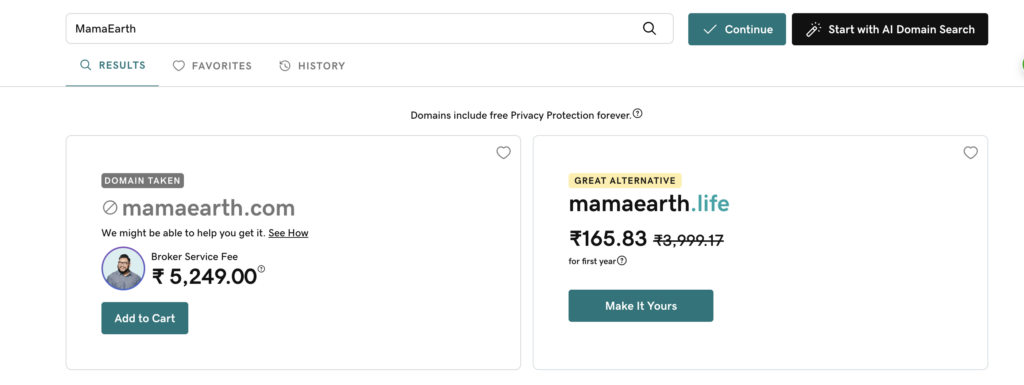GoDaddy’s High Court Challenge: A Potential Headache for Businesses
Introduction
The Delhi High Court’s recent focus on domain name registrars, as reported by The Indian Express, could have far-reaching consequences for small businesses. The court’s stringent stance against registrars becoming instruments for scams has particularly brought GoDaddy.com into the limelight. This development is a crucial wake-up call for small businesses that rely on online platforms for their operations.
The Delhi High Court’s Directive
The court has impleaded GoDaddy.com and the Ministry of Home Affairs, warning against the misuse of domain names and the facilitation of scams. The court emphasized that domain registrars operating in India must comply with court orders, as per the article. This directive came about during a lawsuit concerning trademark infringement involving Tata Play.
Why It Matters for Small Businesses
For small businesses, a domain name is more than just an online address – it’s a digital identity. The Delhi High Court’s scrutiny on domain registrars could lead to stricter regulations and oversight, which might affect how small businesses register and maintain their online presence.

Potential Challenges
Stricter Compliance Requirements
Businesses might face more stringent processes for domain registration, potentially leading to delays or additional paperwork. Zupain has tied up legal experts to help business to solve brand infringement issues
Increased Costs
Compliance with enhanced regulatory measures could drive up costs for domain registration and maintenance.
Risk of Domain Unavailability
With tighter controls, the risk of desired domain names being unavailable or flagged could increase, impacting branding strategies.
Legal Implications
Small businesses may need to be more vigilant about trademark infringement and the legal aspects of their domain names. Zupain’s new partnership with legal experts can mitigate the issues of legal at an affordable rates
Navigating the Changes
Stay Informed
Keep abreast of changes in domain registration policies and understand how they may affect your business.
Consult Legal Experts
Seek legal advice to ensure your domain name doesn’t infringe on trademarks and is compliant with the new directives.
Plan for Contingencies
Develop a contingency plan in case your preferred domain name is unavailable or becomes embroiled in legal issues.
Budget Accordingly
Allocate resources for potential increases in domain registration and maintenance costs.
Conclusion
The Delhi High Court’s move, while aimed at curbing online scams, signals a potentially challenging time ahead for small businesses in terms of domain name registration and compliance. It’s crucial for these businesses to stay informed, seek legal counsel, and adapt to the evolving digital landscape to avoid potential headaches.








